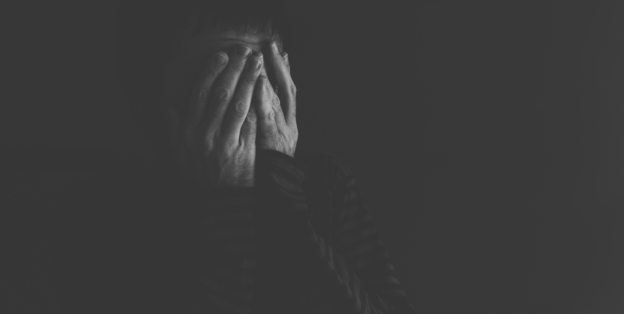Depression and recovery
Depression. The word depression conjures images of someone sad, crying, and feeling blue. But does depression always look like this? And is there a link between depression and addiction? Addiction and depression are a dangerous combination. If left untreated, the direst consequence is death. So, if being sad and down isn’t what depression is, then what is it?
How is depression classified?
Therapists and doctors use the Diagnostic Statistical Manual of Mental Disorders, (DSM-5), to determine if a person has depression and what the best course of treatment might be. These symptoms include:
- Self-report of a depressed mood like feelings of sadness, emptiness, or hopelessness.
- Loss of interest in engaging in all or almost all activities that are usually enjoyed.
- Weight change. Sudden weight gain or loss due to appetite changes.
- Sleep changes. Either sleeping more or less than usual nearly every day.
- Slowed motor movements and cognitive functioning.
- Fatigue or loss of energy nearly every day.
- Feelings of worthlessness or inappropriate guilt nearly every day.
- Lowered ability to think or concentrate, or indecisiveness nearly every day.
- Suicidal ideation, with or without a plan.
Symptoms can be mild, moderate, or severe. If you have experienced 5 or more of these symptoms over 2 weeks, it’s time to seek the guidance of a mental health practitioner.
How are depression and addiction linked?
The National Institute on Drug Abuse reported that people diagnosed with mood or anxiety disorders are twice as likely to suffer from drug use disorders. Those who have been diagnosed with drug use disorders are also twice as likely to suffer from mood and anxiety disorders. Both are important and neither should be ignored.
Treatment for co-occurring disorders
Treating both disorders simultaneously is crucial for the best long-term outcome. Treating only one disease leaves more significant potential for relapse. For instance, treating only substances could lead to relapse when depressive symptoms arise to mask them. If only depression were treated, the person would likely continue using the drug or alcohol that will ultimately lead to depressive symptoms.
Despite myths and stereotypes, depression is not a weakness. Depression is a brain disorder likely caused by genetics, biological, environmental, and psychological factors (Sack, 2014). Depression is not a choice or a lack of gratitude. Break the cycle of myths, stereotypes, and inaccuracies by educating yourself and loved ones. If you or someone you love is suffering from depression and addiction, contact Centered Recovery Programs today 1-800-556-2966.
References
National Institute on Drug Abuse. (2010, September). Comorbidity: Addiction and other mental illnesses. https://www.drugabuse.gov/sites/default/files/rrcomorbidity.pdf
Sack, D. (2014, August 14). Tough truths you should know about addiction, depression. Psychology Today.






